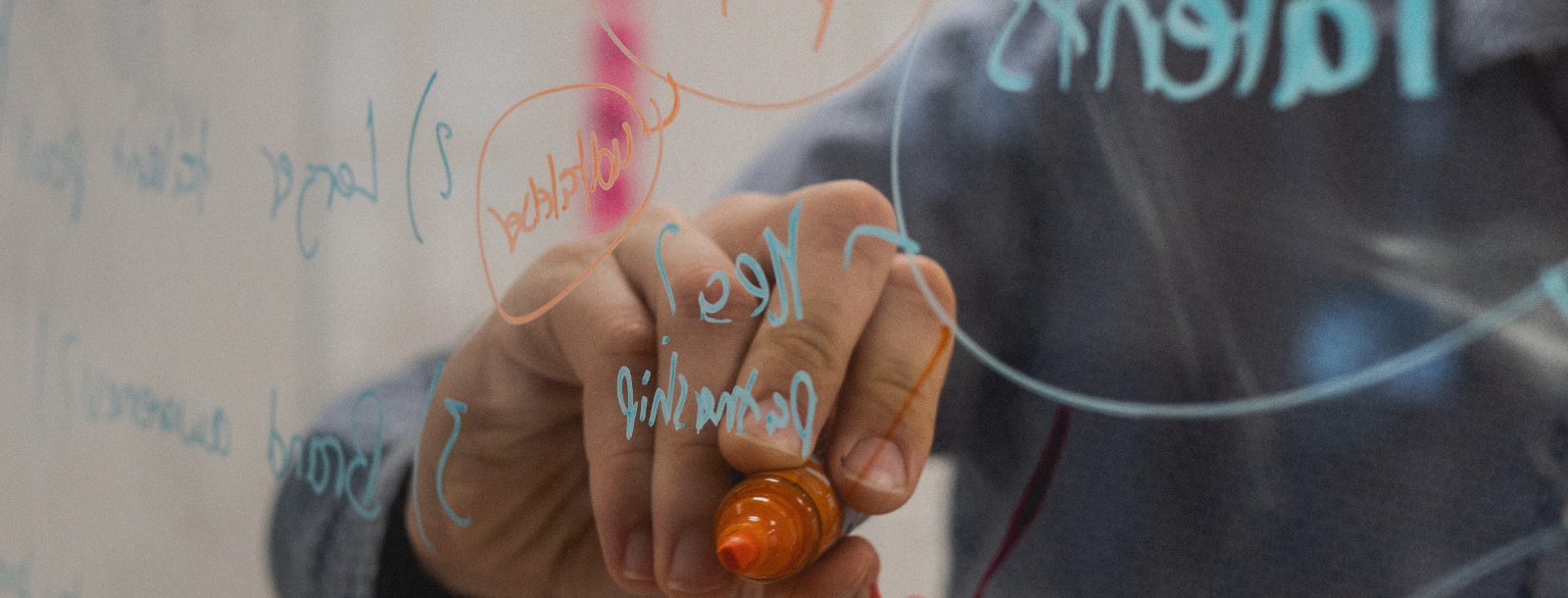
Service Management Insight

For some time now there has been a ‘human’ movement in the technology world and beyond, towards humanising work and recognising the value of our people. This has included the need to provide them with a work environment where they can flourish, develop skills and achieve good levels of satisfaction and engagement in their work life – in other words be ‘happy’.
The Covid19 pandemic has pushed this discussion forward significantly and in doing so has challenged our definition of workplace norms, ways of working and how we might adjust these in future.
It has been very uplifting to see that the focus on people / rise of the humans / humanising of tech has not just been an isolated idea – this has become prevalent across a number of models, frameworks and ways of thinking. There is definitely a convergence and it’s not before time..!
Service Management gives us challenges in this as we still need to engage with a wide (and wider) cross-section of people, plus we have had to change our working methods very quickly. It’s been clear that we have some great skills here that are of value in other areas.
‘Social Continuity’ has emerged as an idea from the lockdown and from the impact on knowledge working in particular.
So, as a consequence of the Covid lockdown we have collectively realised that we don’t need to go to an office via an unpleasant commute every day. We can be just if not more effective in our output by working from home. This has also now kicked off multiple chain reactions in terms of the value of commercial property, the need for city centre real estate, the impact on transport and roads, the decimation of city-based food businesses etc – and many more unforeseen but serious implications.
However, a major challenge for us as individuals has definitely been on how we want and need to work with people…
Daily we hear of the growth in loneliness, isolation, alienation experienced by many who are not meeting with people directly. Research has started to look at the value of human touch and how that lack of this diminishes our life experience and mental health.
On a simple and purely practical working level, no one wants to stare at Zoom or TEAMs all day every day. There is a huge amount of rich communications missing from our interactions and collaboration by only working remotely. We need social continuity.
I have worked mostly or partially from home since 1994 and overall, about 70% of my working life. This always included a large amount of time travelling and working directly with clients, attending events etc. Well before 2020 I knew that during periods of home-only working I would need to ensure that I still engaged with people electronically, or used the opportunity to meet directly with colleagues and partners socially. I miss the opportunity to meet and work with different people and in multi-various environments and locations.
Like everyone, I’ve had to adapt and make some changes to what I do and my expectations of the value and experience of that. However, I still yearn for the days when the process of work will hopefully include a return again to some fundamental aspects of social interaction, travel and new working environments. So there have been challenges, but also opportunities and benefits – for me less travel and more family time, less overhead in planning and recovering from trips – and the backlog of work. Overall, my work levels have reduced significantly, which is a challenge financially, plus the type of work I am asked to do has been impacted and in some cases is not always my first preference, but I’m grateful for what I can do to stay working. I have also used the time positively to improve my fitness and general health, although many other aspirations (more active sport and reading) have fallen by the wayside.
I know however that many people will be less lucky than me in their domestic situations, as well as how they are coping with this situation. It is fortunate that we have seen Mental Health take a positive, accepted and transparent place in our consciousness in recent times – this is really needed to support people who are struggling.
Whatever that reality will look like – and whenever that happens – we are faced with some challenges and opportunities around how we re-shape our life and work and the interaction between them.
For organisations and their leaders this is also a key challenge – balancing the needs of staying afloat and in business, staying relevant and competitive, whilst also working to ensure the quality of life – safety, engagement and satisfaction – of its employees. It is a massive challenge and there are no easy solutions.
Here are some considerations relating to our current turbulent times…
I think we understand the human side of work and tech better than most – we have had to find ways to get things done, deal with difficult situations, deal with difficult people, resolve disagreements, think about how to present and deliver positive experiences, measure and manage at micro and macro levels, keep multiple plates spinning, cope with constant change and uncertainty….just to state a few examples.
Service Management has never been about a mechanistic approach – even although we have done our best to create predictable and consistent ways of working. The ‘buzz’ from service management for me and I think most of us who work in this area comes from how we deal with challenging and regularly changing situations – we are good at crisis management, managing communications, sorting out people and problems, far more than just creating and running dull processes.
We really can help and add value – beyond simply our own areas of work and life. At the same time we are tasked with maintaining continuity of services to workforces and people plunged into new and often difficult situations and ways of working.
I’m pleased to say that most of the organisations that I have dealt with this year have seen their service management teams grow and shine to new levels of excellence and quality, reflected in glowing public praise:
‘How did they manage to move us all from desktops to laptops at home in a few days?’ I never realised how much we depend on these guys – they have been brilliant’. I can’t just ask my colleague how to do this now – the support has been fantastic’ – all of these are comments I have heard many times and we should celebrate and be proud of our achievements.
There’s a long way to go however and our resilience will depend on how much we can work together, be kind, stay focussed and hold on to our humanity whilst doing so…